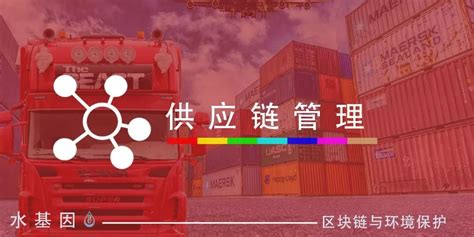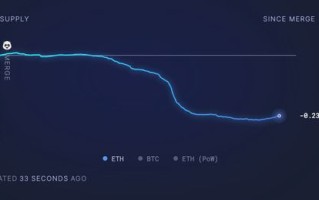Exploring Blockchain Public Chain Platforms
- Low transaction fees
- Complexity of building on a multichain environment
Ethereum is one of the most wellknown blockchain platforms, offering robust smart contract functionality. Its native cryptocurrency, Ether (ETH), fuels the network and serves as a means of value transfer. Ethereum's flexibility and large developer community have led to the creation of numerous DApps across various industries, including finance, gaming, and decentralized finance (DeFi).
Key Features:
- Risk of congestion as adoption increases
- Proofofstake (PoS) consensus mechanism
Binance Smart Chain is a blockchain platform developed by Binance, one of the largest cryptocurrency exchanges globally. It offers compatibility with Ethereum's Virtual Machine (EVM), allowing for easy porting of Ethereumbased projects. BSC has gained popularity due to its low transaction fees and fast confirmation times.
Polkadot is a multichain blockchain platform that enables interoperability between different blockchains. It allows independent blockchains to exchange information and transactions in a trustfree fashion. Polkadot's design aims to solve scalability, governance, and interoperability issues present in many blockchain networks.
Key Features:
- Scalability challenges, especially during periods of high network congestion
- Still in the process of fully realizing its roadmap and implementing key features
- Competition from other blockchain platforms
- Centralization concerns due to a smaller number of validators compared to Ethereum
- Emphasis on peerreviewed research
- Fast transaction confirmation times
- Interoperability between different blockchains
- Support for decentralized finance (DeFi) applications
- Scalability through parallel processing
- Transition to Ethereum 2.0 for improved scalability and security
- Smart contract functionality
- Proof of History (PoH) consensus mechanism
- Relatively new platform compared to Ethereum and others
- High transaction throughput
- Compatibility with Ethereum Virtual Machine (EVM)
- Onchain governance
- Security and decentralization concerns due to its innovative consensus mechanism
- Large developer community
- Scalability and sustainability
Blockchain public chain platforms serve as the foundation for various decentralized applications (DApps) and smart contracts. They facilitate secure, transparent, and decentralized transactions, making them a vital component of the blockchain ecosystem. In this guide, we'll explore some of the prominent blockchain public chain platforms and factors to consider when choosing one for your project.
Key Features:
Considerations:
Considerations:
By evaluating the features and considerations of platforms like Ethereum, Binance Smart Chain, Cardano, Solana, and Polkadot, you can choose the most suitable platform to build and deploy your decentralized applications.
Considerations:
Considerations:
Considerations:
Cardano is a blockchain platform known for its focus on security and scalability. It uses a proofofstake (PoS) consensus mechanism, which aims to be more energyefficient than proofofwork (PoW) systems like Bitcoin. Cardano's development is guided by peerreviewed research, with a focus on academic rigor.
Solana is a highperformance blockchain platform designed for decentralized applications and cryptocurrencies. It aims to provide fast transaction speeds and low fees without sacrificing decentralization. Solana uses a unique consensus mechanism called Proof of History (PoH) in combination with Proof of Stake (PoS) to achieve its goals.
When selecting a blockchain public chain platform for your project, consider factors such as scalability, security, decentralization, developer support, and community engagement. Additionally, assess the specific requirements of your project and how well each platform aligns with them. Conduct thorough research and consider consulting with blockchain experts to make an informed decision.

Key Features:
Key Features:







